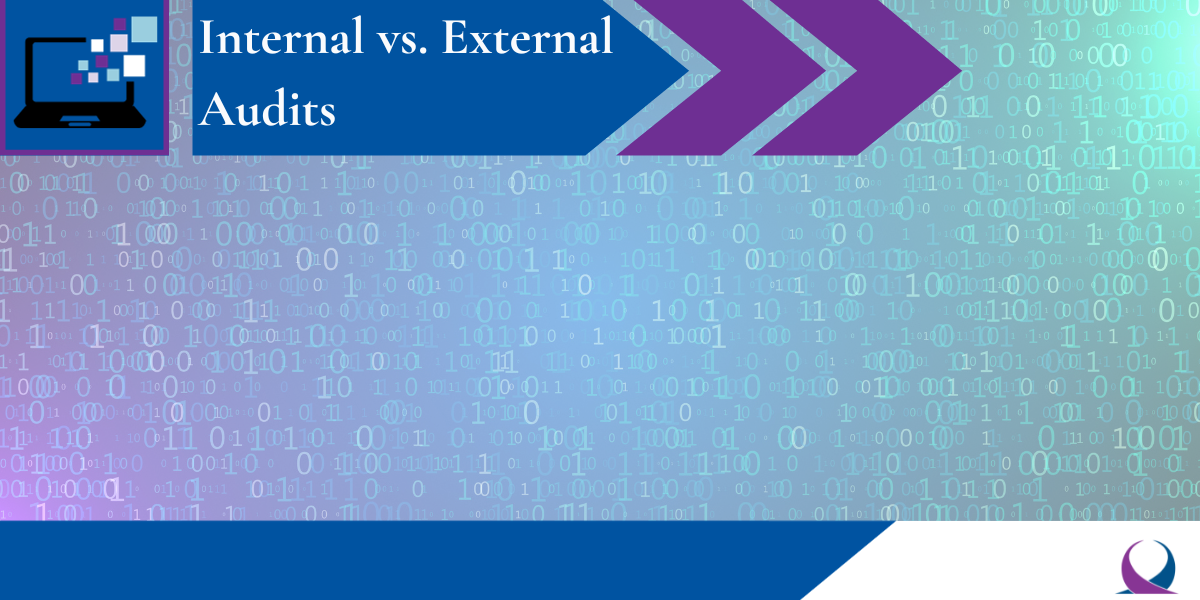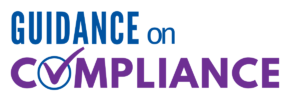Donald Rumsfeld once said, “You don’t know what you don’t know” – a quote that holds true when it comes to decision-making for internal versus external audits. The underlying meaning of this quote can be applied when it comes to managing your Compliance Program risks. When you are deciding to outsource your audits or not, one of the primary considerations for performing internal audits is probably cost. You already have staff who are on payroll; why not let them do the audits because they should be competent and there will be no additional costs associated with them doing the internal audits? And we know that in 2023, cost is a critical factor in any decision.
While it’s commendable to try and handle everything in-house, certain tasks are best left to an external expert. Have you ever attempted to cut your own hair? It may appear to be a cost-efficient and quick solution. However, the outcome will probably not be the same as what a professional could provide. Or how about doing your own taxes? Often people make the choice to do their own tax preparation only to find out that they did not have access to all the tax information and there were unintended consequences.
Opting to conduct all of your compliance audits internally could result in similar outcomes. Here are some benefits with choosing to have at least an annual external compliance audit of your billing and coding:
- External audits are impartial. There are no hidden agendas, trying to look over something, or fears that there might be negative repercussions for exposing miscoding.
- Adding an external audit to regular internal monitoring may support findings that may have been identified. Often employees take recommendations from an external source with more validity and weight than from an internal source.
- An external audit should point out best practices, opportunities for improvement and share recommendations related to findings that the internal audits might not know about.
- There is a possibility that the external audit may identify a trend that has not previously been uncovered. Trends require corrections, most typically training and education or systems changes.
There is a place for both internal and external audits in an organization. Internal monitoring can help to support ongoing educational and training needs. External audits are important to uncover any potential compliance risks. Working together, the organization and the external audit team can ensure that proper coding and billing is supported by documentation.
If you are ready to discuss adding an external audit to your Compliance Plan, contact Kay Hashagen, Senior Consultant, at (410) 777-5999 or [email protected].


